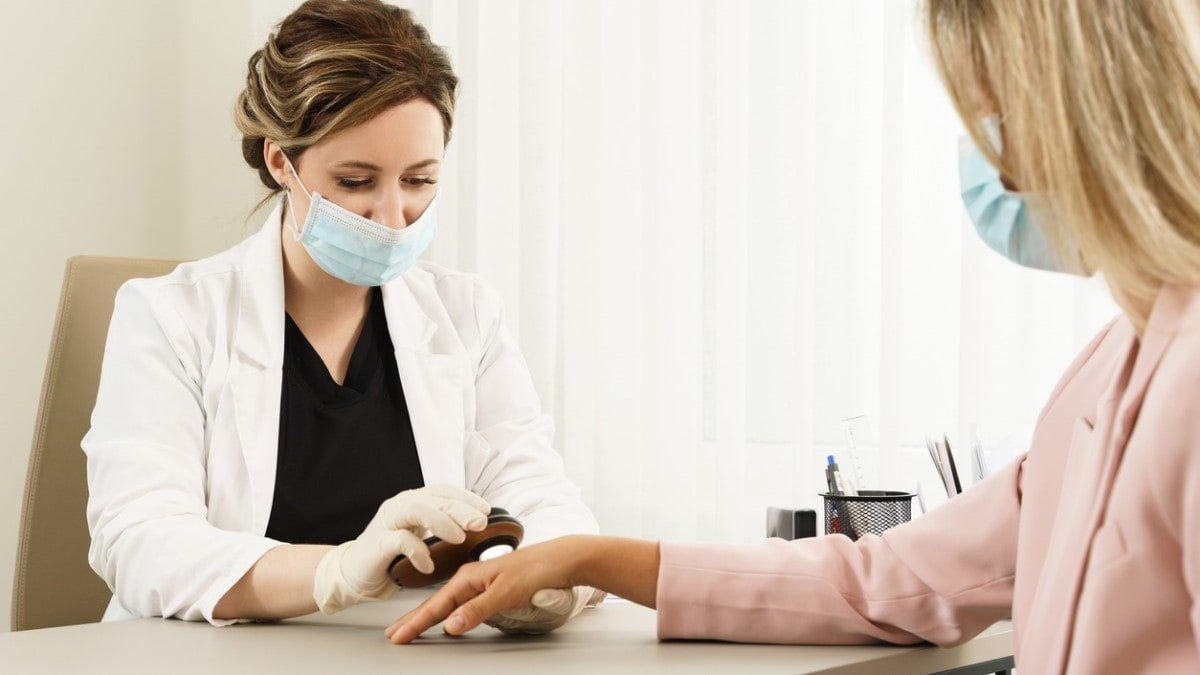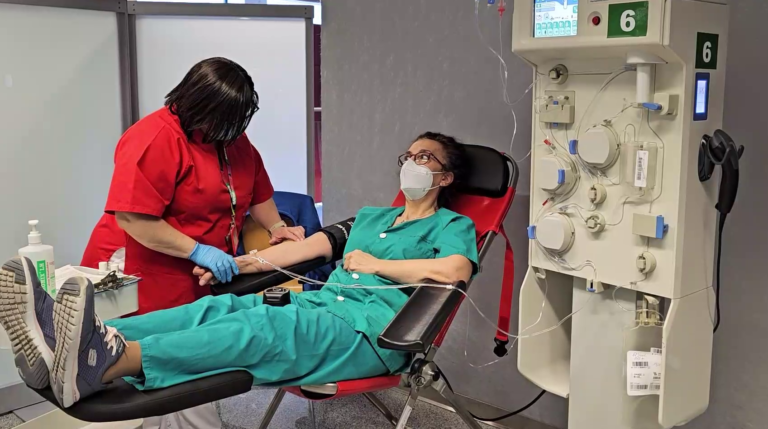Life Line Screening Rip Off: Is It Worth the Cost?
✅Life Line Screening: Is it a rip-off or a life-saving investment? Weigh the cost against potential health benefits and early detection.
Life Line Screening offers preventive health screenings to detect potential health issues before they become serious problems. While some customers have had positive experiences, others question whether the service is worth the cost. This article will explore the value of Life Line Screening by examining its pricing, services, and customer feedback.
When evaluating whether Life Line Screening is a rip-off, it’s crucial to consider what the service provides. Life Line Screening offers various health tests, including ultrasound screenings for cardiovascular diseases, diabetes, and other conditions. These tests can be expensive if done in a hospital or specialized clinic, often costing several hundred dollars each. Life Line Screening packages, on the other hand, typically range from $149 to $300, depending on the number and type of tests included.
Understanding the Services Provided
Life Line Screening offers a range of preventive health screenings designed to identify potential health issues before they become serious. The most common screenings include:
- Carotid Artery Disease Screening
- Peripheral Arterial Disease Screening
- Abdominal Aortic Aneurysm Screening
- Atrial Fibrillation Screening
These tests are performed using non-invasive methods such as ultrasound and electrocardiogram (EKG) technology. The goal is to detect signs of cardiovascular diseases, stroke, and other conditions early on, allowing individuals to seek appropriate medical treatment.
Cost Analysis
One of the main concerns people have about Life Line Screening is the cost. Here is a breakdown of the typical pricing:
- 4-test package: $149
- 5-test package: $179
- Wellness packages ranging up to $300
Compared to the costs of similar screenings at hospitals or specialized clinics, which can cost up to $2,000 without insurance, Life Line Screening offers a more affordable option. However, it is important to note that the screenings are not covered by most insurance plans.
Customer Feedback
Customer reviews for Life Line Screening are mixed. Some customers report peace of mind and early detection of serious health issues, while others feel the results were not comprehensive or that further medical consultations were required. Here are some common points found in customer feedback:
- Positive reviews often mention the convenience, affordability, and early detection of health issues.
- Negative reviews highlight concerns about the accuracy of the tests and the need for additional medical follow-ups.
Expert Opinions
Medical professionals have varying opinions on the effectiveness and necessity of preventive screenings like those offered by Life Line Screening. Some experts argue that these screenings can lead to overdiagnosis and unnecessary treatments, while others believe that early detection is crucial for managing health risks.
In conclusion, whether Life Line Screening is a rip-off depends on individual circumstances and perspectives. While it offers a cost-effective way to access preventive health screenings, it is essential to weigh the benefits against potential drawbacks and consult with your healthcare provider to determine if these services are appropriate for you.
Comparativa entre Life Line Screening y chequeos médicos tradicionales
When it comes to health screenings, it’s essential to weigh the options between Life Line Screening and traditional medical check-ups. Let’s delve into a comparison to determine which option suits your needs best.
Cost
One of the most significant factors to consider is the cost. While Life Line Screening may offer packages at a certain price point, traditional medical check-ups covered by insurance can sometimes be more cost-effective. For individuals on a budget, this financial aspect can heavily influence their decision.
Convenience
Convenience plays a vital role in deciding between the two options. Life Line Screening often provides on-site screenings at various locations, making it accessible and time-saving for individuals with busy schedules. On the other hand, scheduling appointments with different specialists for traditional check-ups can be cumbersome and time-consuming.
Comprehensiveness
When it comes to the comprehensiveness of screenings, traditional medical check-ups usually involve a thorough examination by healthcare professionals, including blood tests, physical exams, and discussions about medical history. Life Line Screening, while efficient for specific screenings like ultrasounds, may not provide the same level of comprehensive care as traditional check-ups.
Accuracy and Reliability
Accuracy and reliability are crucial aspects of any screening process. While Life Line Screening utilizes advanced technology for screenings, the interpretation of results may vary. Traditional medical check-ups, overseen by trained healthcare providers, often offer a higher level of accuracy and reliability in diagnosing conditions.
Preventive Care
Both Life Line Screening and traditional medical check-ups play a role in preventive care. While Life Line Screening focuses on early detection of certain conditions, traditional check-ups encompass a broader range of preventive measures, including vaccinations, screenings, and lifestyle counseling.
Ultimately, the choice between Life Line Screening and traditional medical check-ups depends on individual preferences, budget, and healthcare needs. It’s advisable to consult with healthcare professionals to determine the most suitable option for your healthcare journey.
Opiniones y testimonios de usuarios sobre Life Line Screening
When considering whether Life Line Screening is worth the cost, it’s crucial to take into account the opinions and testimonials of actual users. Hearing from individuals who have experienced the service firsthand can provide valuable insights into the effectiveness and value of the screenings.
Benefits of User Opinions and Testimonials
User opinions and testimonials offer a unique perspective on Life Line Screening that goes beyond the marketing claims. Here are some key benefits of considering user feedback:
- Real-World Experiences: Users can share their real-world experiences with the screenings, giving you a glimpse into what to expect.
- Unbiased Insights: User testimonials are often unbiased and provide a more authentic view of the service.
- Specific Details: Users may highlight specific details about the process, results, and overall experience that you won’t find in promotional materials.
- Comparative Analysis: Reading multiple testimonials can help you compare experiences and outcomes to make an informed decision.
For example, a testimonial from a user who discovered a health issue early through a Life Line Screening could highlight the potentially life-saving benefits of the service.
How to Evaluate User Opinions
When assessing user opinions and testimonials about Life Line Screening, consider the following factors:
- Authenticity: Look for reviews from verified users or sources to ensure the credibility of the testimonials.
- Diversity of Experiences: Seek out a range of opinions to get a comprehensive understanding of the service.
- Relevance to Your Needs: Focus on testimonials that are relevant to your health concerns or screening goals.
- Overall Consensus: Pay attention to common themes or patterns in the feedback to gauge the general consensus.
By carefully evaluating user opinions and testimonials, you can gather valuable insights that may help you decide whether Life Line Screening is worth the investment for your health and well-being.
Frequently Asked Questions
Is Life Line Screening a legitimate company?
Yes, Life Line Screening is a legitimate company that provides preventive health screenings.
Are Life Line Screening tests covered by insurance?
Most health insurance plans do not cover preventive screenings, so individuals usually have to pay out of pocket.
Are Life Line Screening tests accurate?
Life Line Screening tests are generally accurate, but it is always recommended to follow up with a healthcare provider for further evaluation.
What types of screenings does Life Line Screening offer?
Life Line Screening offers screenings for conditions such as cardiovascular disease, diabetes, and osteoporosis.
Can Life Line Screening help detect health issues early?
Yes, Life Line Screening can help detect potential health issues early, allowing individuals to take proactive steps towards managing their health.
How often should I get screened by Life Line Screening?
The frequency of screenings depends on individual risk factors and healthcare provider recommendations.
- Life Line Screening offers non-invasive preventive health screenings.
- Screenings can help detect risk factors for cardiovascular disease, stroke, and other conditions.
- Individuals can choose which screenings they want based on their health concerns.
- Results from screenings can provide valuable information for preventive care.
- Life Line Screening has a team of healthcare professionals who review screening results.
- Screenings are convenient and usually take about 60-90 minutes to complete.
Have more questions about Life Line Screening? Leave a comment below and check out our other articles for more information on preventive health screenings.







